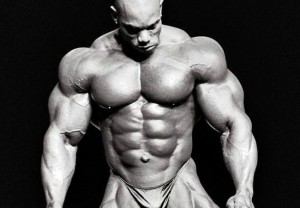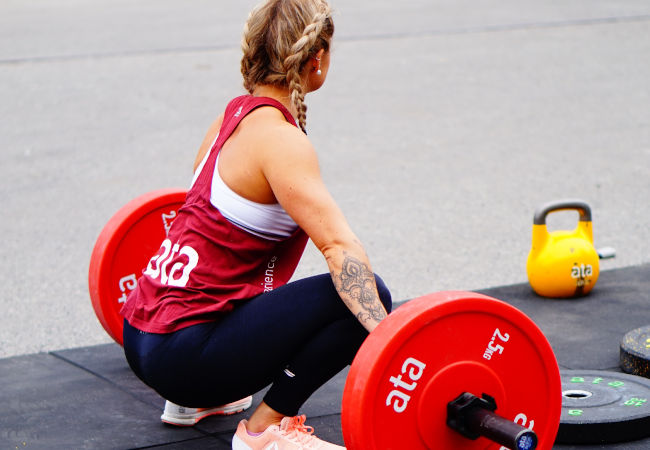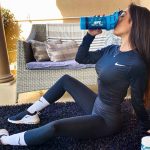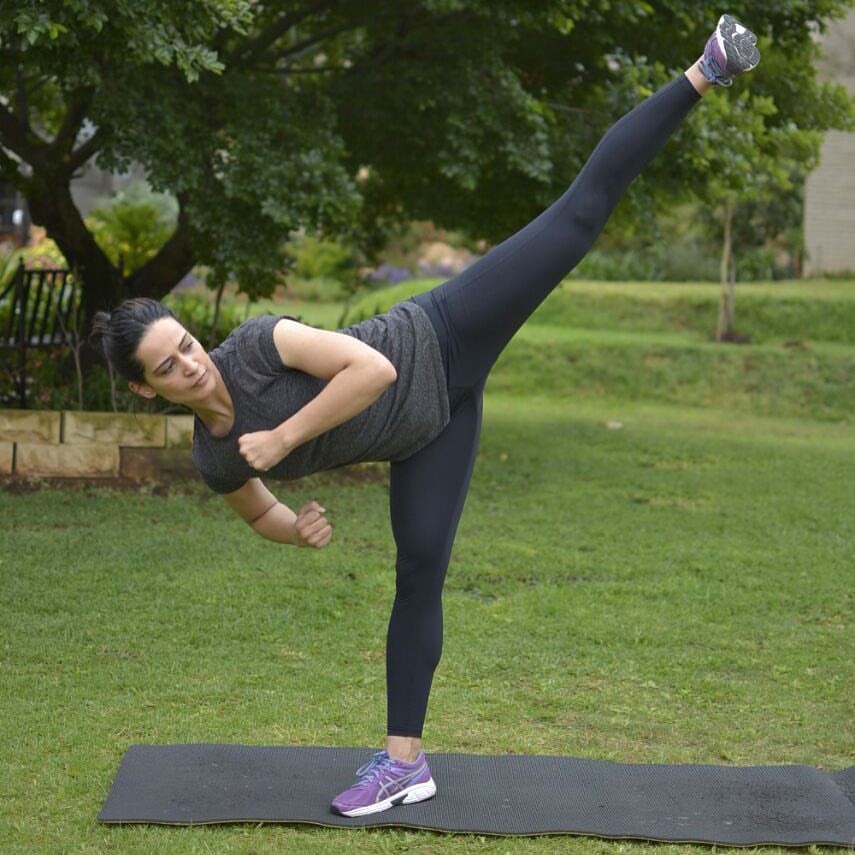Barbells are one of the at-home gym equipment you should have if you’re looking to level up your strength training. If you have access to one, you can utilize it to perform compound or multi-joint exercises. It can also help you burn calories and build muscle mass. Certainly, a simple barbell home gym will make great support for your fitness goal.
But while barbells are certainly worth investing in, getting the wrong one may bring more harm than good. The problem is, there might be over 100 different barbells to choose from in the market, making it quite challenging to find the right one.
Before making such a purchase, there are factors worth considering to help you narrow down your options. Keep reading below and learn how to get the best barbell for your home gym.
Determine The Kind of Training You’ll Do
Before anything else, it’s crucial to determine the type of training you’ll be doing. Although it’s easy to find the best barbells for lifting and weight training, considering what you actually need is of utmost importance. Note that every training routine is a little different for everyone, and you must ensure that your equipment supports whatever it is you want to achieve.
One way of figuring out the kind of training you’ll perform is to classify what types of lifters you are. Below are the categories you could fall into:
- Average Lifter: If you only want to keep in shape and train two or three times per week at home, you can identify yourself as an average lifter. Movements might include bench press, overhead press, squat, deadlift, shrug, and triceps press. A simple barbell that can hold weights and is comfortable on your hands might be enough.
- Powerlifter: If you’re committed to training with a heavyweight every week, you can fall into this category. A powerlifter will most often perform deadlift, squat, and bench press. In this case, you most likely need a solid and stiff bar that can take a good amount of use and weight.
- Olympic Lifter: An extremely durable bar is necessary for Olympic lifters. They have specific needs when it comes to the flexibility of the barbells. These lifters will usually train more than one time per day, and they’re likely to focus on movements like snatch, clean, jerk, deadlift, overhead press, front and back squat, and overhead squat.
- Competitive Lifter: Having different barbells is typical for competitive lifters. They also often have a trainer to help them pick equipment for their individualized training needs.
Knowing what type of a lifter you are and your training routines can help you choose the right tools that will benefit you enormously. It’s probably worth mentioning that most home gym owners belong to the average lifters, and they often have one straight Olympic-style barbell. But then again, it may not apply to everyone.
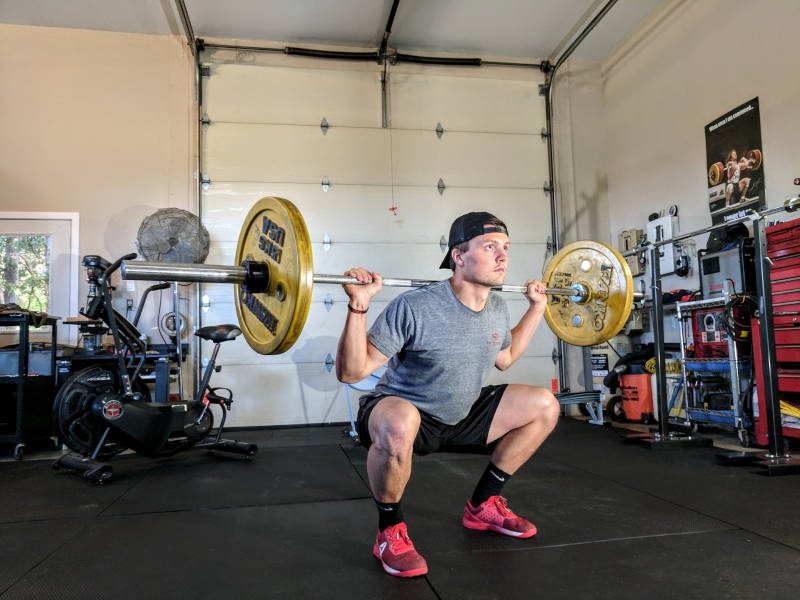
Understand The Basic Features of Barbell
Understanding the basic features of bars is another way to come up with an informed decision. Although the barbell’s anatomy seems technical and unimportant, they can also serve as your guide to identify what exactly you should look for.
Here are some of the specifics that you might need to know about what makes up a good barbell:
- Barbell Whip: It’s basically the end of the bar bouncing at a phase of a lift. Although it won’t be considered for most home lifters, it can be beneficial for the snatch and clean and jerk movements. The whip can create momentum to help experienced lifters during certain transitions.
- Barbell Sleeves: The sleeves are the barbell portion where plates are loaded. It determines how much spin the bar will have, which is important to keep themselves from rotating the bar in your hands. Note that how the sleeves are mounted plays a role in which bar is right for your training.
- Barbell Strength: You can determine how strong a barbell is through the yield strength and tensile strength. But tensile strength is a pretty good measure for a barbell’s durability and strength and is typically rated in pounds per square inch (PSI). When purchasing a new barbell, 165,000 PSI is a good minimum to look for.
- Barbell Finish: There are different finishes for barbells. Besides adding to the feel of the bar in your hands, they can also help protect against rusting. The best finish depends on your budget. But if you want high-quality finishes that don’t wear off quickly or get damaged, zinc and chrome are the best options.
Know The Different Types of Barbell
Each barbell is made for different purposes. Although the differences might seem small, they are still important. One difference can make a bar useful for one purpose but entirely useless for the other.
After considering your training and the features of the bar that you should look for, see below which type of barbells best suits your home gym.
- Olympic Weightlifting Barbells: These bars are built for Olympic lifts, and they are thinner and more flexible. Their mild knurling provides adequate grip, reducing wear and tear through movement transitions.
- Powerlifting Barbells: These bars are designed for the lifts that really store the weight, such as bench press, deadlift, and back squat. Since they are rigid, stiff bars and do not deform, they would make a poor choice for Olympic lifts.
- Hybrid Barbells: These bars are meant for anyone focused on building muscle and perfecting form. Typically, they have two set-up markings to accommodate both Olympic lifting and powerlifting standards. These are great if you do both types of lifting in one workout.
- Specialty Barbells: These bars might be unnecessary, but they can add variety to your training. They are also a good addition if you want to target specific areas of your body during your workout.
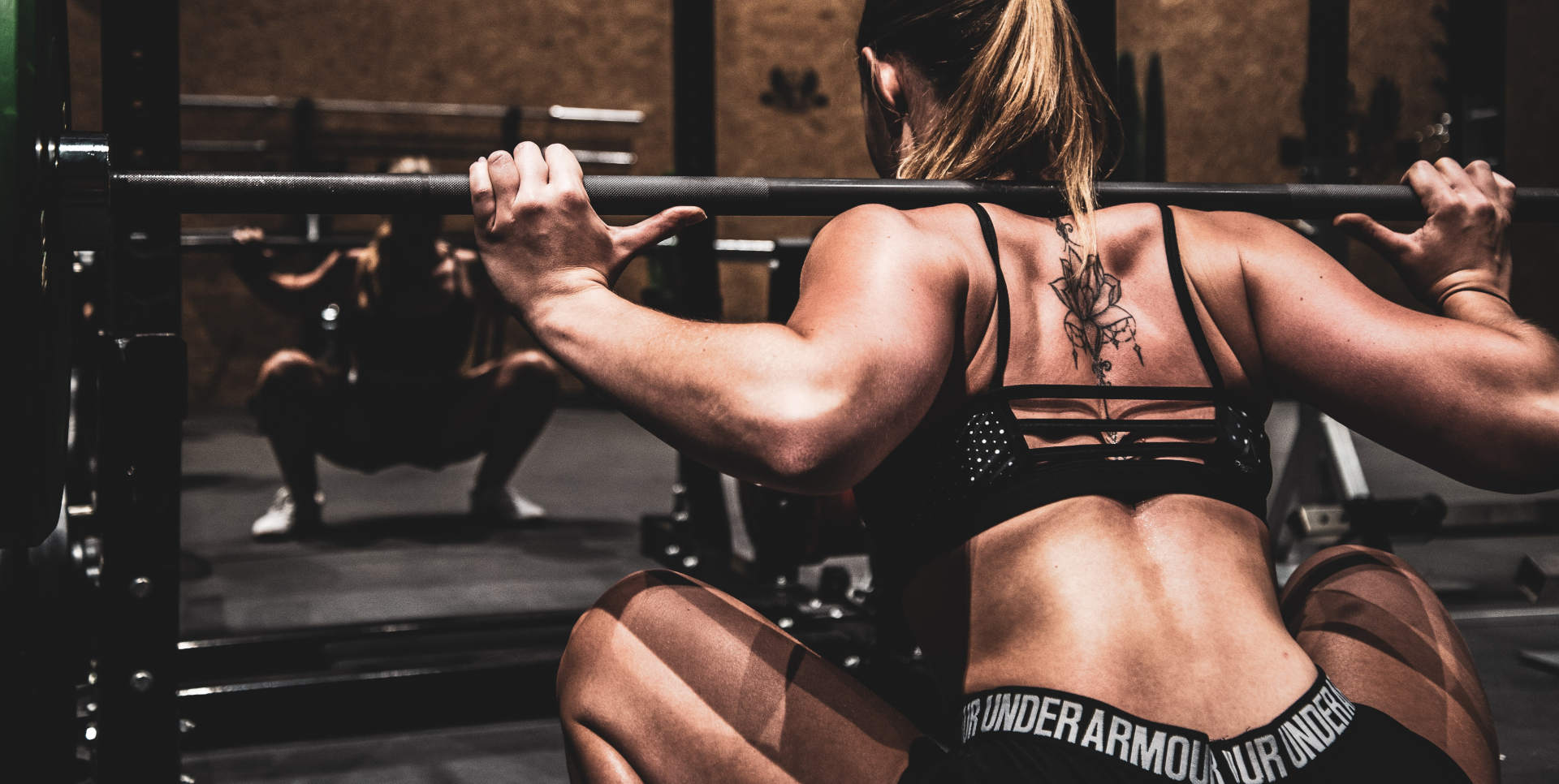
Choose The Best Barbell For Your Home Gym
There is a no-one-size-fits-all formula when it comes to choosing the best barbell for your home gym. But always select the one that meets your needs, goals, and budget. It’s also worth noting that no matter what type of barbell you pick, it won’t make your training easier. Still, take the time to weigh up your options to get what you should be looking for.









